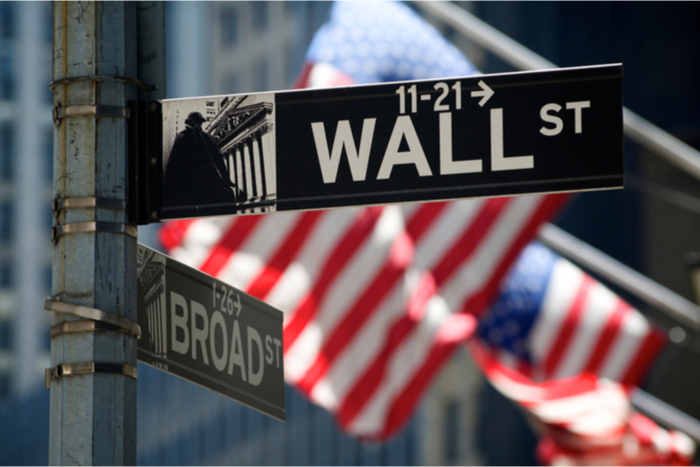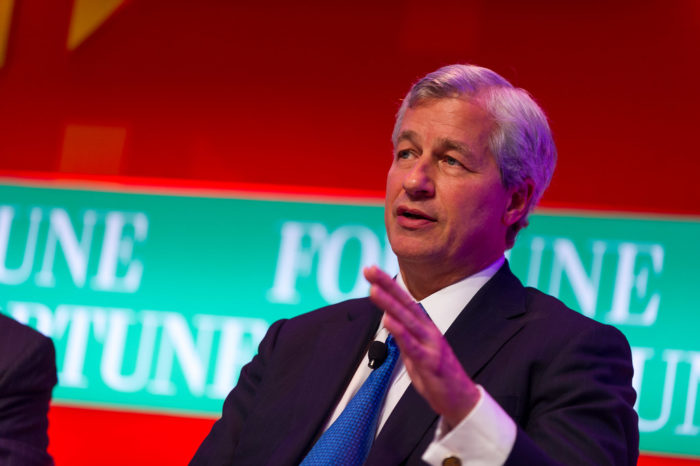Two years on from a declaration by the biggest US companies that they would switch to serving stakeholder interests, public opinion says large corporates should be doing more for the environment and for the lowest paid workers.
The news comes in a survey carried out to monitor reaction to the Business Roundtable’s statement in 2019 that it would prioritise stakeholders over shareholders. Roundtable members include companies such JP Morgan Chase, Apple and Amazon. The statement was a seminal moment in corporate governance of recent times, and prompted commentary and studies around the world.
The survey, conducted by JUST Capital, a not-for-profit that ranks companies on their efforts to make a societal contribution, finds that there is generally support for big business and capitalism in the US. Broadly 65% of those polled believe large companies “promote an economy that serves all Americans”. But there are marked areas where improvements could be made.
While 68% say large companies have a positive impact on shareholders, only 41% say they do the same for the environment, with 36% saying the impact is negative. When it comes to workers, 32% of those surveyed say large companies have a negative impact on their financial well-being, while 46% say the impact is positive.
When asked to offer their views on the current form of American capitalism, the largest proportion say there is more work to be done. When asked if capitalism “ensures the greater good of society”, 41%—the biggest group—say a more “evolved” form of capitalism is needed. A similar figure, 42%, say more work is needed to produce a society fit for the “next generation”. And again, when asked if capitalism works for the average American, 40%, again the largest group, say a bigger effort is required.
Improving the treatment of stakeholders
According to Jennifer Tonti, managing director of research for JUST Capital, recent times have forced US companies to think of their stakeholders “like never before”. Perception may be good in some areas, but not in all.
“Based on our findings from this latest poll, we see that the American public generally perceives the actions of corporate America as being positive—but when it comes down to brass tacks, there is much more to be done to support specific stakeholders, principally the environment and our nation’s lowest paid workers,” writes Tonti.
Elsewhere there have been less generous assessments of the Business Roundtable. In a research paper out at the end of August, Harvard academics Lucian Bebchuk and Roberto Tallarita conclude the 2019 statement seems to have been “for show” and served to side step government intervention.
After a study of Roundtable member documents detailing company purpose and guidance, the pair commented: ”Overall our findings support the view that the BRT (Business Roundtable) statement did not represent a meaningful commitment and was not planned or expected to bring about meaningful improvements in the treatment of stakeholders.”
They added that the “main” impact may be to “insulate” corporate from shareholders and to head off potential action from politicians and regulators.
Pessimistically, they concluded: “Reliance on the discretion of corporate leaders to serve stakeholders, as supporters of stakeholder governance advocate, would be an ineffective and counterproductive approach to the protection of stakeholders.”
JUST Capital contains some good news for Business Roundtable, but there is also evidence that a significant number of people are not convinced. That will add to the emerging view that a good deal more work may be needed if the 2019 statement is to prove meaningful.





